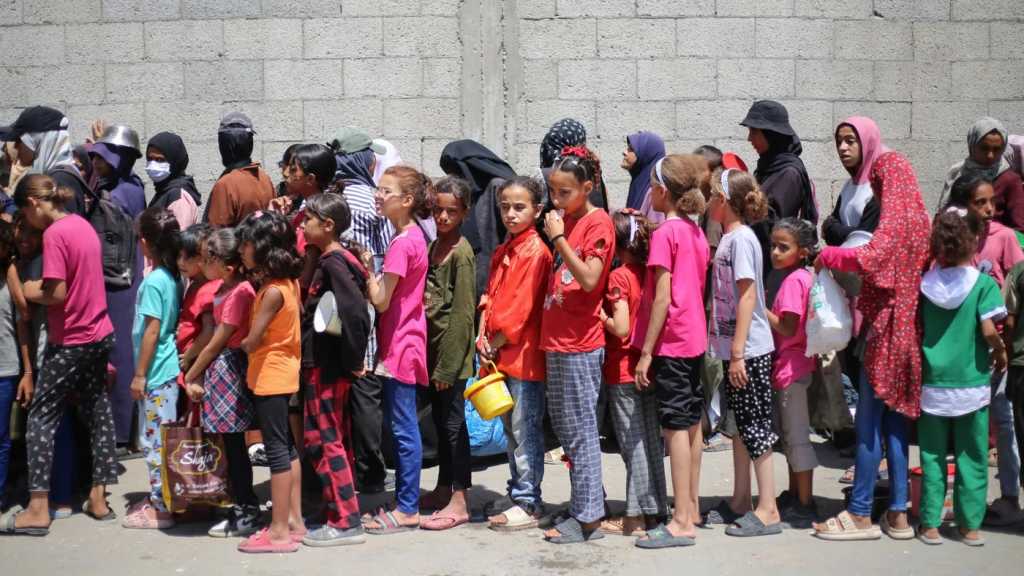Peace loving “Israeli” occupation!?
Source: desertpeace.blogpost, 29-6-2007
"Daddy will come at night, like a butter fly"
Here is a new sample of the "peace loving ‘Israeli' occupation".
The following are testimonies videoed, produced and published by B'tselem (The "Israeli" Information Center for Human Rights in the Occupied Territories) shows a sample of Palestinian daily misery life under the "Israeli" occupation:
Testimony - Maysun al-Hayek:
In February 2002, Maysun al-Hayek and her husband were on the way to the hospital, where she was to give birth to their daughter. Suddenly, soldiers opened fire at them, killing her husband and wounding her and her father-in'-law. The soldier undressed the wounded victims and had them lay on the ground, naked and uncovered, until Red Crescent personnel arrived.
‘Udai Abu Hamdiyeh was six years old in June 2003, when he was playing with friends near the village's well. A soldier fired at the children, wounding him in the head.
Nahed a-Za'anin markets his tomatoes abroad through an "Israeli" export company. Because of delays at Karni Crossing, his tomatoes lose their quality and are rejected, forcing him to sell them in Gaza at lower prices.
Jamal Nasser is a resident of Tulkarm who runs a small business in Gaza. He obtained a permit to enter the Gaza Strip, but when he and his son went to the Erez checkpoint, soldiers informed him that a closure had been imposed and he would have to turn around and go home.
Videoed House Demolitions:
During the last four years, "Israel" has demolished homes in the Occupied Territories on an unprecedented scale: House demolition for alleged "military need," demolition of houses built without permits, and the demolition of houses as punishment.
They all have one result - tens of thousands of people, most of them children, made homeless.
Last but not leasts...
The Prisoners' Children:
Almost 9,000 Palestinians are being held in prisons inside "Israel", in violation of international humanitarian law. In hundreds of cases, "Israel" forbids adult relatives to visit, so it is left to children under 16 to maintain the family contact.




